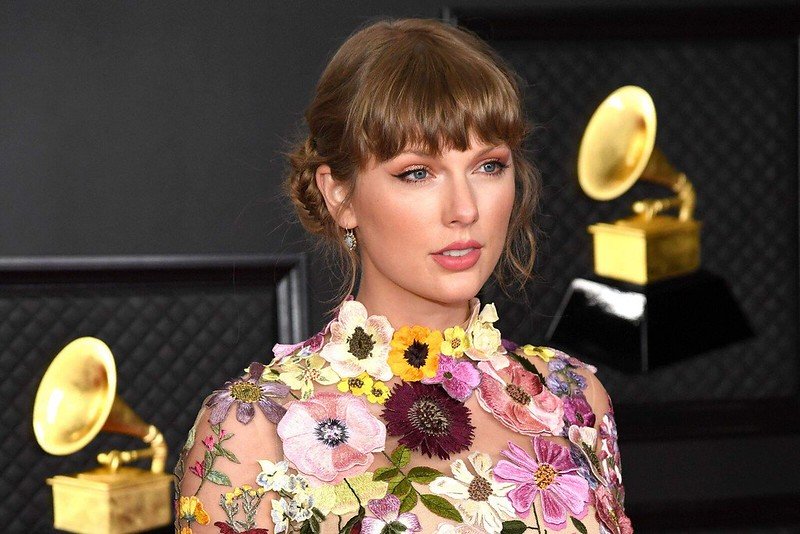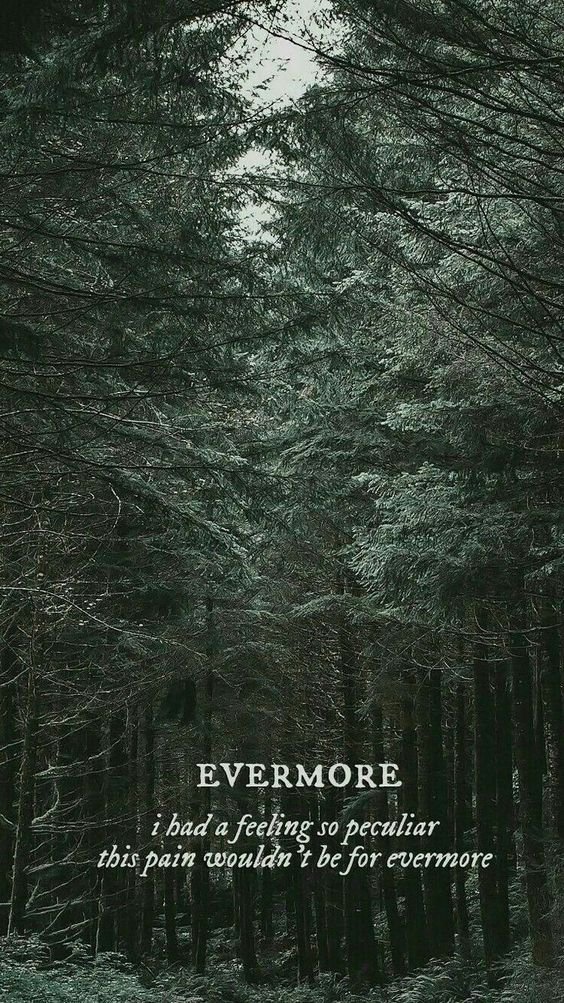Does Evermore deserve the Grammy as much as Folklore?
Does Evermore deserve the award as much as Folklore? A comparison.
source: flickr
Following the release of RED (Taylor’s Version) and All Too Well: The Short Film on 12 November, November surely has turned into a nostalgic month for Taylor Swift’s fans as they are immersed again in the great art of RED.
As if one successful album wasn’t enough, whilst celebrating the launch of RED (Taylor’s Version), Swifties - the fandom name - were also treated to the news that Taylor’s 2020 album, evermore, was nominated as the Album of The Year for the 64th Annual Grammy Awards on 23 November.
Celebrating the honor, Taylor shared a video captioned “NO PROBLEMS TODAY JUST CHAMPAGNE🥂”on her Instagram, where she dressed in an exquisite gown singing the second track ‘Champagne Problems’.
The album evermore was Taylor’s 9th studio album, which was surprisingly released on 11 December 2020, less than five months after she released folklore. Upon releasing the album, Taylor wrote on her Instagram post that “it feels like we were standing on the edge of the folklorian woods and had a choice: to turn and go back or to travel further into the forest of this music. We chose to wander deeper in”.
Following the release of evermore as a sister album to folklore, listeners of Taylor might have come to notice some slight differences between those two. One of Taylor’s fans posted on Twitter that “folklore is white wine and evermore is red wine”. First listening to the two albums, to me, folklore was like a stream of limpid river flowing through a foggy forest, bringing me a sense of freshness in summer. Evermore, on the other hand, was like a fireplace inside a small cabin far away from the city, where I would rest to take a break from the hectic while recalling covered memories in winter.
In an interview with Zane Lowe for Apple Music, Taylor herself came to identify the difference between folklore and evermore by saying: “One thing I wanted to do with folklore is I wanted to represent Spring and Summer and when I made evermore I knew I wanted to fill in the rest of the seasons of the year and have it reflect fall and winter”. This rather poetic reference to nature may seem abstract at first, but not after closer inspection - folklore was an album released in summer, where Taylor portrays some intense compassions and conflicts through instances such as a teenage love triangle in the songs ‘Cardigan’, ‘August’, and ‘Betty’, whereas evermore was released in winter, where all climaxes seem to be approaching a denouement of some sorts, calmer but sadder.
Further explained by Taylor, “with folklore, one of the main themes throughout that was conflict resolution, like trying to figure out how to get through something with someone, or making confessions, or trying to tell something”. If we put it in the context of ‘Hoax’, the last song in folklore, which, said by Taylor, is the song embodying “all the things that this album was thematically - like confessions, incorporating nature, emotional volatility and ambiguity at the same time”. A clear demonstration of this theme can be seen in the line “Stood on the cliffside/ Screaming ‘Give me a reason’.”
Excuse me for being a literature nerd here, but to me, the imagery of standing at the edge of nature goes beyond the literal, to a place where the narrator is on the verge of her mental limit. Such volatile emotion is further reinforced by the verb “screaming”, suggesting a strong melancholic feeling which even seems to be hysterical. In this song, therefore, Taylor has created a fragile character broken by a toxic relationship.
On the other hand, “evermore deals a lot in endings of all sorts, shapes and sizes, all the kinds of ways we can end a relationship, a friendship, and the pain that goes along with that, the phases of it”, said by Taylor. We can also look at the last song of evermore, the eponymous song: ‘evermore’. At the beginning, the narrator sings “I replay my footsteps on each stepping stone” and “I had a feeling so peculiar/ that this pain would be for/ evermore”. Whereas by the end of the song, the lyrics change to “Floors of a cabin creaking under my step” and “I had a feeling so peculiar/ this pain wouldn’t be for/ evermore”.
source: https://i.pinimg.com/564x/e5/7a/9a/e57a9aaff5e22bcf622137deca815d5b.jpg
From being out in the cold to returning to the warm inside, and from believing she would never be released from the pain to letting the pain go, we can say Taylor has portrayed a character going through a journey to liberation from painful entanglement with herself.
In much the same way as sibling rivalry is prevalent as they navigate the trials and tribulations of life, on hearing the news that evermore was following her older sister’s footstep on Grammys’ stage, the question arose, “Does Evermore deserve the award as much as Folklore?”
I guess it could be a tricky question for some third party to answer, but some news headlines have acknowledged that the younger sister evermore is, in fact, competitive. Resulting headlines appear stating “Taylor Swift levels up on evermore” and comments note that evermore is “wilder and freer” or “overall a richer album”.
As somebody unprofessional to the music realm but also a long-time (and maybe biased) Taylor Swift fan, I would say evermore deserves the Grammys Award just as much as folklore does. Not only because Taylor has offered some of the most condensed narrations and depicted some of the most beautiful poetries, but also because she has continued to take her listeners on an imaginary escapism, healing many lonely souls along the way.
Evermore certainly got me through those seemingly endless days and nights writing college application essays last December. A year down the line, as we play the ten-minute version of ‘All Too Well’ on loop, why not switch back to evermore with a glass of red mulled wine to hand and enjoy the feelings Taylor has once brought, and continues to bring, out in us all?


